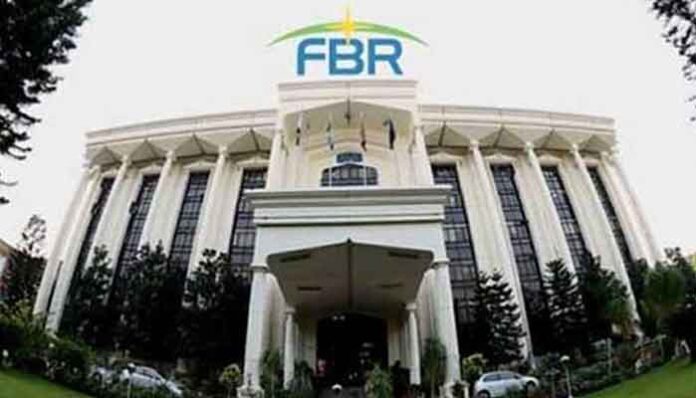The Attorney General of Pakistan (AGP) has sounded the alarm regarding the Federal Board of Revenue’s (FBR) management of tax disputes amounting to a staggering Rs3.2 trillion.
The massive financial tangle has brought to light significant deficiencies in FBR’s legal processes, prompting urgent calls for systemic reforms and strategic improvements to streamline case resolutions.
This revelation comes amidst efforts to streamline legal processes and improve the efficiency of tax dispute resolutions in the country.
One of the key concerns raised by the AGP’s office is the lack of coordination within the FBR, particularly regarding cases where multiple parties file identical petitions. This lack of coordination leads to the engagement of different counsels by various field formations and departments, resulting in chaos and prolonged legal proceedings. Not only does this situation burden the judiciary with unnecessary adjournments, but it also escalates legal costs due to separate counsel fees for each identical case.
To address these challenges, the AGP’s office recommends a more unified approach by engaging a single senior and competent counsel for similar or connected matters. This streamlined approach would reduce legal complexities, expedite case resolutions, and lower legal expenses, benefiting both the judiciary and the exchequer.
Furthermore, the AGP’s communication to the FBR emphasizes the importance of coherence in comments filed by different ministries/divisions involved in legal proceedings. Conflicting comments from multiple ministries not only confuse the judiciary but also hinder the AGP’s office in providing effective assistance to the courts.
The AGP suggests that in cases involving multiple ministries, comments should be filed through the AG office to ensure alignment and avoid conflicting stances.
Additionally, the AGP’s office highlights the inefficiency in handling cases that do not require formal counsel engagement, leading to unnecessary expenditure on professional fees. They propose a more cost-effective approach by designating duly instructed representatives from departments/field formations to assist AGP representatives in court. This collaborative approach would facilitate swift case resolutions without incurring hefty legal expenses.
Another significant issue raised by the AGP’s office is the lack of timely responses from FBR/field formations, leading to delayed case disposals and even stay orders in some instances. The AGP recommends that FBR direct its field formations/departments to depute officers of a certain rank to be present in court regularly. This proactive measure would ensure timely responses to filed cases, minimize legal complications, and ultimately save revenue.
Moreover, the AGP’s office addresses concerns regarding matters decided under hierarchy, particularly under the Customs Act, 1959. They point out instances where delayed compliance with tribunal orders results in revenue losses and exploit opportunities for compliance petitions. To mitigate this, the AGP suggests proactive filing of Special Convertible Rupee Accounts (SCRAs) and urgent stay applications to suspend tribunal orders promptly.
In conclusion, the AGP’s office’s observations and recommendations aim to enhance the efficiency and effectiveness of tax dispute resolutions, streamline legal processes, and minimize unnecessary legal expenses.
These proposed measures, if implemented, could lead to more expedited case resolutions, reduced burdens on the judiciary, and cost savings for the government.




